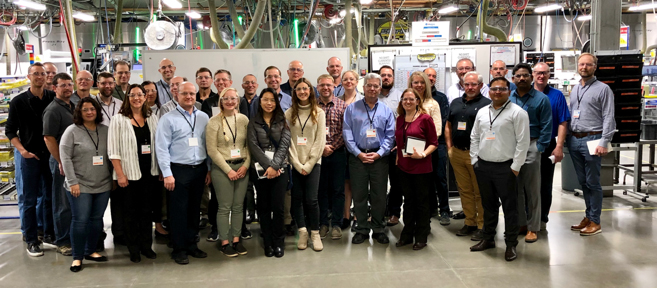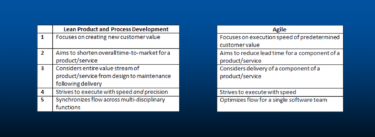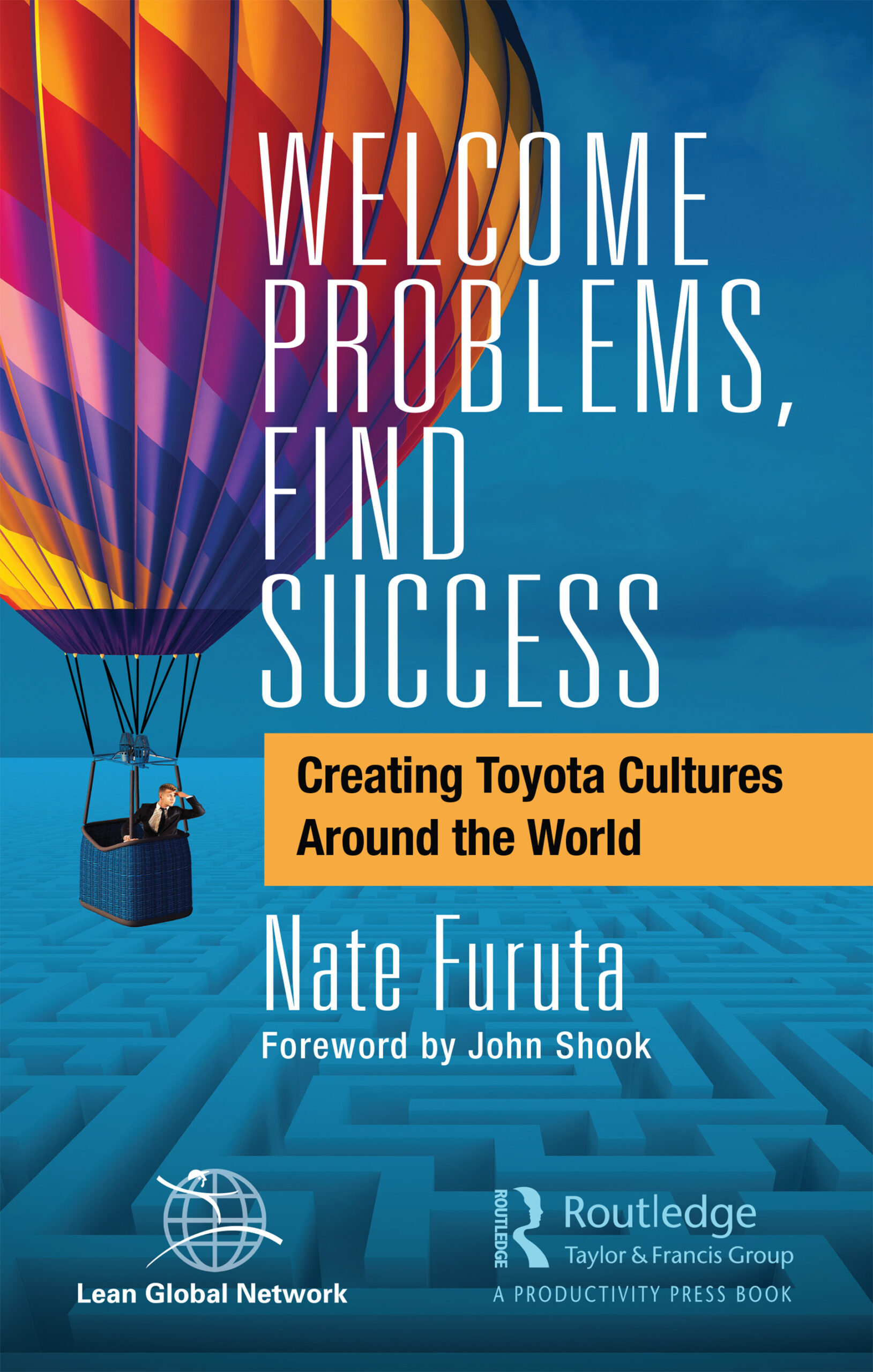The Lean Product and Process Development (LPPD) Learning Group is a dedicated consortium of advanced, non-competing organizations that meet semi-annually to share experiences and insights on applying LPPD principles. Additionally, the group convenes throughout the year virtually in Collaborative Study Teams to delve deeply into specific LPPD practices. This group fosters an accelerated learning approach, promoting better, faster product delivery through a shared commitment to continuous improvement. Despite some intentional vagueness to ensure confidentiality, the shared stories underscore the transformative impact of LPPD on an organization’s lean journey.
The LPPD Learning Group convened once again for its semi-annual meeting, held at GE Appliances, a Haier Company’s Appliance Park on May 23-24. The theme of this meeting centered around the question: How do you maintain or grow LPPD amidst organizational change?
The event brought together the five non-competing LPPD learning group member companies: GE Appliances, a Haier Company, Caterpillar, TechnipFMC, Pella, and MillerKnoll. All work with LEI coaches on transforming their product and process development systems using lean thinking and practice.
The meeting began with a warm welcome from GE Appliances CEO, Kevin Nolan, who emphasized the importance of educating leaders on the value of lean and getting as many involved as possible. He acknowledged that building a lean enterprise is not an easy task and requires dedicated effort. Nolan shared the remarkable progress the company has made over its nearly fifteen-year lean transformation. The company has achieved tremendous growth amidst challenges ranging from the 2016 sale from General Electric to Haier and the Covid-19 pandemic. He attributed this success to the company’s commitment to lean practices and the engagement of its leadership. “It’s a journey that never ends,” he said.
The rest of the meeting’s agenda consisted of the LPPD partner organizations sharing deeply about their respective approaches to development as it related to the theme. To respect the confidentiality of each organization only the highlights follow.
The first organization shared the transformative journey the company has undertaken, which has led to the development of innovative products. The implementation of LPPD principles was credited with enabling the accelerated development and success of these products.
The second organization has been adapting to organizational changes while maintaining its commitment to LPPD. The company, which began its lean journey in operations in 1995 and LPPD in 2015, has navigated through significant milestones including global expansion, strategic shifts, and an acquisition. Despite the challenges of remote work during the pandemic and the integration of new team members, they remained focused on enhancing their New Product Commercialization (NPC) process, emphasizing clear decision-making, early learning, and cross-functional senior leadership. The company has also leveraged tools like A3 problem-solving to drive continuous improvement.
The third organization has been on an LPPD journey since 2016. The product and process development transformation led to the development of an industry-transforming product line, leading to record sales, lower costs, and dramatically shorter delivery times. The success inspired leadership to spread LPPD thinking beyond engineering to the entire organization. Representatives shared how they are engaging other functions to change how they think. They emphasized the importance of simple, direct communication.
The fourth organization presented an engaging overview of their division highlighting their lean journey since 2002. The presentation traced the evolution of the division’s organizational structure, emphasizing the shift towards LPPD, and stressed the importance of end-to-end system thinking in product development.
The final organization started its LPPD journey in 2016 to address the issue of time to launch. While they have experienced significant growth and innovation during this period, maintaining LPPD principles through organizational changes and growth has been a challenge. Getting people to experience the value of change has been a key lesson in the transformation. To this end, they have been developing coaches and integrating LPPD into new hire onboarding. And they have taken some out-of-the-box measures such as peer group social hours. They’ve identified three key components to maintaining an LPPD journey:
- cross-functional leadership;
- dedicated support to improve, develop, and nurture;
- results that deliver value for people.
Day one ended with a visit to First Build, a subsidiary of GE Appliances. The company invents new products for passionate communities using a “co-creation process” whereby engineers design, develop, and launch products based on rapid feedback from users. An idea may come from an enthusiastic engineer or a suggestion from their website’s community group. From there, a small team will rapidly prototype, market, and sell a minimum viable product to customers or launch a Kickstarter campaign to test the market and get feedback from actual customers. Successful product launches include the Opal Nugget Ice Maker, Arden Indoor Smoker, Smart Stand Mixer, and Mella Mushroom Fruiting Chamber which went from concept to launch in six months.
Throughout the two-day meeting, common themes emerged:
- Demonstrate Value – seeing and experiencing the value of lean practices was recognized as crucial in driving organizational change.
- Dedicate Individuals to Key Initiatives – the involvement of dedicated individuals was highlighted as catalysts for transformation. Their commitment can inspire others and accelerate the pace of transformation.
- Emphasize Effective Communication and Coaching – the power of simple, effective communication, coupled with coaching, was acknowledged as a key factor in successful transformation. Clear communication helps ensure everyone understands the purpose, while coaching provides the support individuals need to develop new skills and adapt to new ways of working.
- Encourage Cross-Departmental Collaboration – by breaking down silos and encouraging teams to work together, organizations can think across a product development value stream, enabling more synchronized work and a greater sense of team.
The next meeting will take place in October at Pella. If you’re interested in starting your lean product and process development journey, schedule a call to learn more.
Designing the Future
An Introduction to Lean Product and Process Development.






